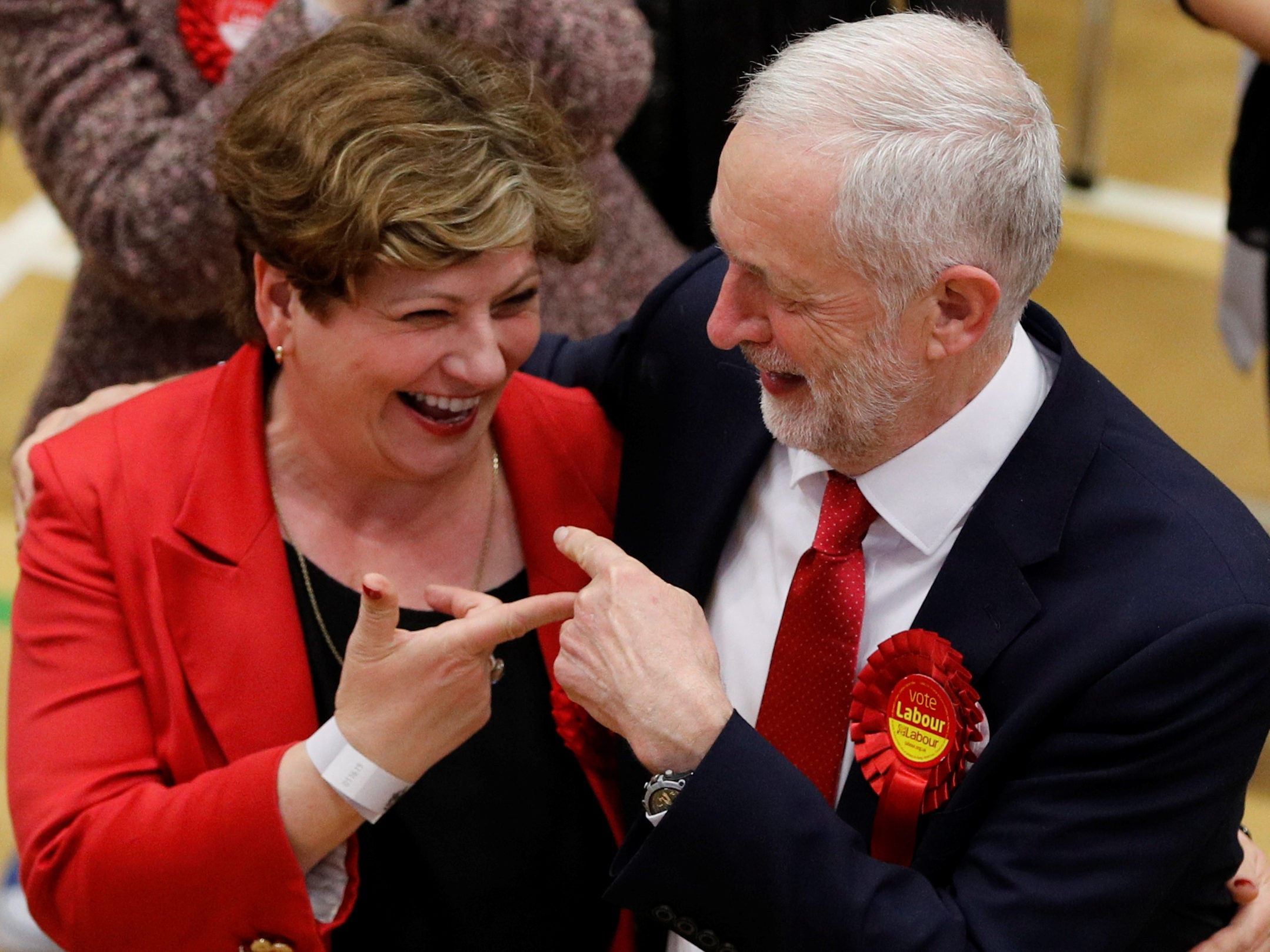
The election result reducing the Conservative’s majority to a minority took many by surprise, including a number of Britain’s political journalists who had been predicting a heavy Labour defeat.
As results poured in on Thursday night, political commentators were left wondering why they had spent weeks arguing about the size of Theresa May’s majority, instead of asking themselves if she would have one at all.
Faced with readers and viewers questioning their authority and expertise, some have denied blame, pointing instead to unreliable opinion polls, while others have openly admitted to getting it wrong.
Daily Express political editor Macer Hall told Press Gazette: “All media outlets reported polls that showed Labour support rising during the election campaign. Most polls pointed towards a Conservative majority of varying sizes rather than a hung parliament.”
“All predictions about election results are guess work. These guesses may be informed by polling information or anecdotal evidence, but ultimately no one can know the result until the votes have been counted.”
Robert Peston, ITV’s political editor, pointed Press Gazette to a Facebook blog he had written on 7 June – the day before polling day – in which he said the chances of Jeremy Corbyn increasing his share of the vote seemed “highly likely”.
“[ITV] never called the election in either direction,” he added. “And we never ran a single story headlined with an opinion poll.
“Also we did not commission any opinion polls this time, apart from the exit poll, because opinion polls had been so misleading in recent years. Instead we concentrated on on-the-ground reporting.”
The Independent’s chief political commentator John Rentoul leapt to the defence of journalists caught out by the result.
He said: “Last time, everyone agreed that we should have paid more attention to polling on leadership and economic management as well as on voting intention: this time those both also pointed to the Conservatives.
“Next time, everyone will obviously be looking at the YouGov model and other people’s efforts to replicate it. But we won’t be sure it will work twice until it works twice.
“Commentators ought to try to convey uncertainty, but it’s human nature. Readers want to know, they don’t want to be told that no-one has any idea what will happen.”
Responding to criticism of political commentators online, the New Statesman’s contributing editor Chris Deerin tweeted: “I might be wrong. But people are wrong about things all the time, because the future is largely unknowable. You’re wrong about stuff lots.
“So spare me the pomposity and the confected rage, and grow up. Or go read the Canary.”
While some journalists have been reluctant to issue a mea culpa, others have picked up a spoon and tucked into a slice of humble pie.
The Guardian columnist Owen Jones wrote an apology to Corbyn’s team on Friday, saying he “wasn’t a bit wrong, or slightly wrong, or mostly wrong, but totally wrong”.
Philip Collins, a Labour moderate columnist at the Times who has offered damning critiques of Corbyn in the past, tweeted that a “sizeable chunk” of the 40 per cent vote share enjoyed by Labour was down to Corbyn .
He added: “Pretending otherwise is just shoring up a position one held last week, which turned out to be wrong”.
Iain Dale, the LBC presenter and Conservative blogger, held his hands up and admitted getting it “badly wrong”.
When asked how commentators could avoid making poor predictions in the future, he told Press Gazette: “They can’t. You can only go on the information you have available to you and your intuition.
But, he added: “I don’t mind admitting I got it badly wrong, and have done so repeatedly since Friday. I wish I could say the same for other colleagues in the Westminster bubble who have singularly failed to acknowledge they also got it very wrong.
“The only people to get it right were Survation and YouGov and everyone should now acknowledge that.”
In searching for political journalists who correctly predicted the election outcome, Press Gazette identified four: Peter Hitchens, Rod Liddle, Stephen Bush and John Harris.
Harris produces the Guardian’s Anywhere but Westminster video series that sees him travel around the UK in an attempt to take the nation’s political pulse.
He told Press Gazette: “I knew something was shifting when I went to Wolverhampton with my Guardian colleague John Domokos ten days before polling, and met several people who had really warmed to Corbyn and Labour in the course of the campaign.
“Similarly, it wasn’t hard to detect the momentum behind the Leave campaign in 2016 by going out in the country and talking to voters.
“The lesson: root more reporting in the real world.”
Picture: Reuters/Darren Staples
Email pged@pressgazette.co.uk to point out mistakes, provide story tips or send in a letter for publication on our "Letters Page" blog
